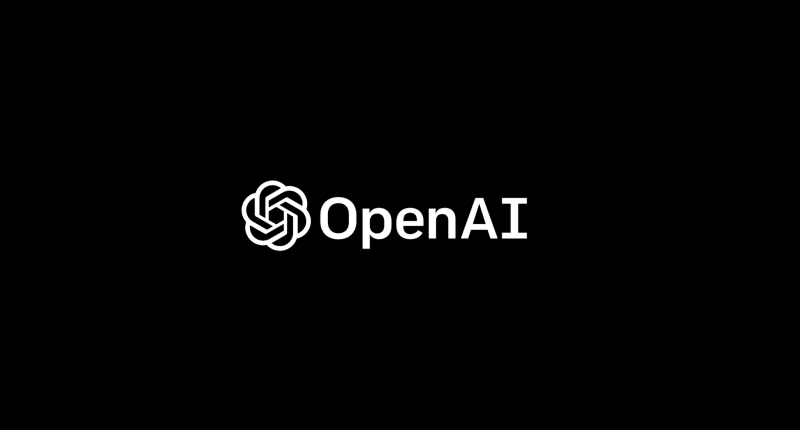For decades, Google Search has been the undisputed champion of online information retrieval and online search. But now, Microsoft-backed AI poster child OpenAI, is seemingly entering the game with its own offering – an AI-powered search engine that could potentially disrupt Google’s dominance in the online search landscape. The reported launch date for OpenAI’s search engine is May 13, falling just a day before Google’s annual I/O developer conference, where Google is expected to unveil its own advancements in AI technology, potentially including updates to its core search product.
Speaking more about OpenAI’s upcoming search engine, it seems to be built upon the foundation of their highly successful ChatGPT. The chatbot, ever since its reveal in 2022, has garnered significant attention for its ability to generate human-like text responses to a wide range of prompts and questions. It also achieved record-breaking growth upon its launch (as of March 2024, the chatbot boasted nearly 180.5 million users) and paved the way for the AI race between global tech behemoths. However, one of ChatGPT’s limitations has been its inability to effectively search the web and provide real-time information. Now, OpenAI’s search engine aims to address this shortcoming.
In a nutshell, the search engine will extend ChatGPT’s capabilities by integrating web search functionality. It will allow ChatGPT to directly access and process web data, enabling it to deliver answers to user queries that are not only relevant but also backed by cited sources. This will ensure accuracy and credibility, amongst other things.
While Google has long been the undisputed leader in search, OpenAI’s entry is not the only development shaking things up. Perplexity, a startup founded by a former OpenAI researcher, aims to emerge as a player in the AI-powered search space as well. Its search interface currently displays citations and images alongside text responses, allowing users to easily identify the source of the information and gain a more nuanced understanding of the topic. Perplexity has already amassed a significant user base, boasting over 10 million monthly active users.
With the likes of Google, OpenAI, and Perplexity all vying for user attention, the future of search promises to be more competitive and innovative than ever before. For one, AI-powered search engines can potentially delve deeper into the web, uncovering relevant information from a wider range of sources, leading to more comprehensive and informative results for user queries. For another, by leveraging AI’s ability to understand context and intent, search engines can become more adept at delivering accurate and relevant results that truly address user needs. Furthermore, AI can also personalize search results based on user history and preferences, leading to a more intuitive and user-centric search experience.
